Older Gardeners
palmetto_gardener
13 years ago
Related Stories
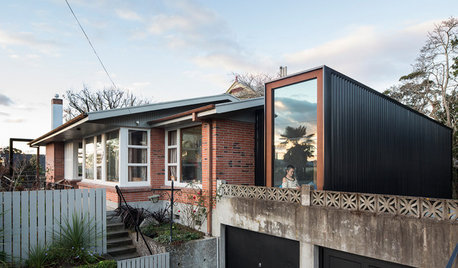
ADDITIONS7 Modern Additions to Older Homes
These contemporary add-ons go their own way as they play off the style of the original
Full Story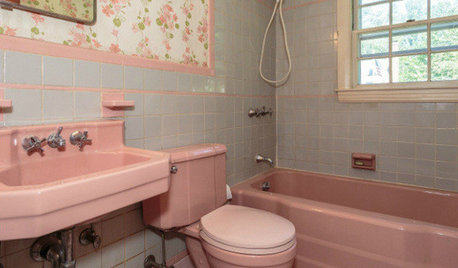
BATHROOM COLOR8 Ways to Spruce Up an Older Bathroom (Without Remodeling)
Mint tiles got you feeling blue? Don’t demolish — distract the eye by updating small details
Full Story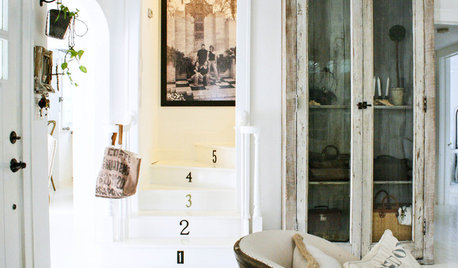
DECORATING GUIDES13 Decorating Tips for Older Homes
Preserve the personality of the past while designing for now with these tips for paint, rugs, window treatments and more
Full Story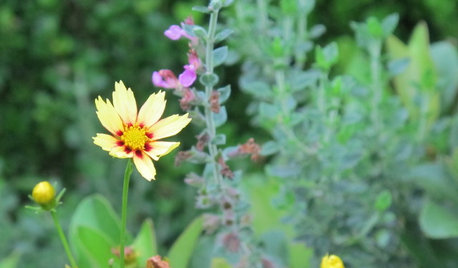
GARDENING GUIDESGreat Design Plant: Coreopsis 'Redshift'
Breaking with its pure-yellow past, 'Redshift' tickseed will change up a bland garden with its hot new color combo
Full Story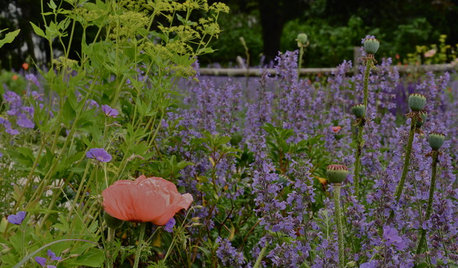
GARDENING GUIDESGreat Design Plant: Walker's Low Catmint
Prolific purple blooms, fragrant leaves, and cold-hardiness makes this a go-to plant for almost any garden
Full Story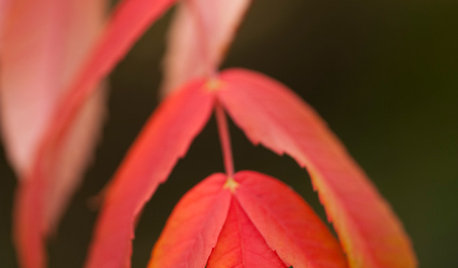
GARDENING GUIDESGreat Design Plant: Rhus Glabra
Smooth sumac provides powerful jolts of fall color and persistent fruit clusters that add interest through the winter
Full Story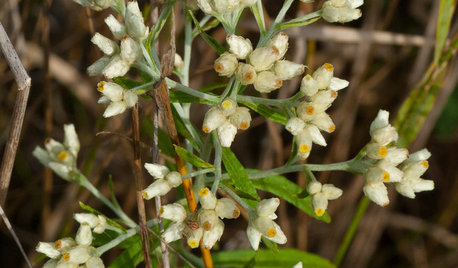
GARDENING GUIDESGreat Design Plant: Pseudognaphalium Obtusifolium, or Rabbit Tobacco
This late-blooming native annual, also known as sweet everlasting, adds spontaneity to landscapes in the eastern United States
Full Story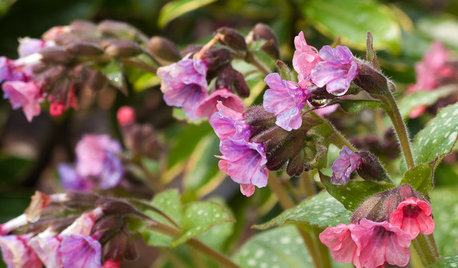
GARDENING FOR BUTTERFLIESGreat Design Plant: Lungwort
Yes, the name is unfortunate. But the flowers and foliage are delightful, and this perennial is easy to grow and shunned by deer
Full Story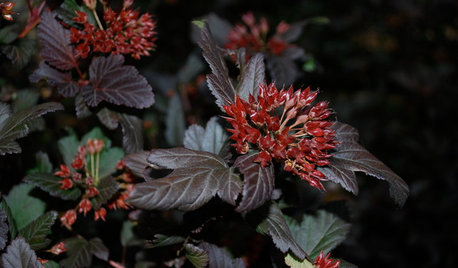
LANDSCAPE DESIGNGreat Design Plant: Sun-Loving Ninebark Puts on a Color Show
This tall, dark and handsome native shrub is equally at home in jeans and boots or in a suit and tie
Full Story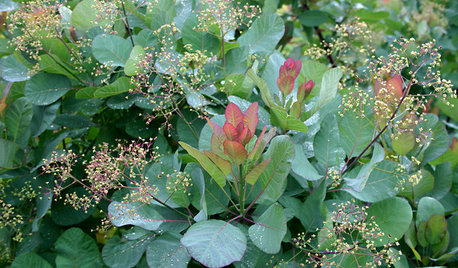
LANDSCAPE DESIGNGreat Design Plant: Old Fashioned Smoke Bush
Balance garden color with this shrub's cool blue-green foliage, luminous when backlit and sporting yellow-green flowers in spring
Full Story





brandon7 TN_zone7
brandon7 TN_zone7
Related Professionals
Norfolk Landscape Architects & Landscape Designers · Arnold Landscape Architects & Landscape Designers · Waterbury Landscape Contractors · Wilmington Landscape Contractors · Berkeley Heights Landscape Contractors · Broadlands Landscape Contractors · Gaithersburg Landscape Contractors · Long Branch Landscape Contractors · Marlborough Landscape Contractors · North Canton Landscape Contractors · San Rafael Landscape Contractors · Snoqualmie Landscape Contractors · 07920 Landscape Contractors · Ansonia Landscape Contractors · Columbia Roofing & Gutterspalmetto_gardenerOriginal Author
brandon7 TN_zone7
palmetto_gardenerOriginal Author
louisianagal
palmetto_gardenerOriginal Author
kitasmommie
brandon7 TN_zone7
brandon7 TN_zone7
kitasmommie
brandon7 TN_zone7
paperart
bigorangevol